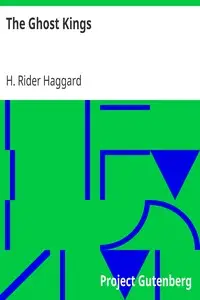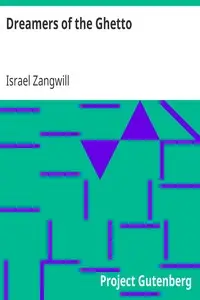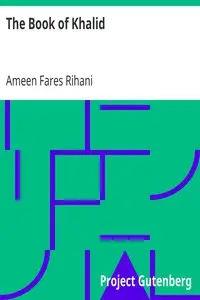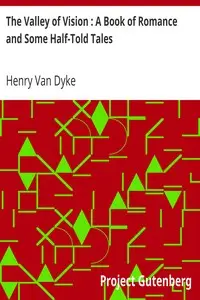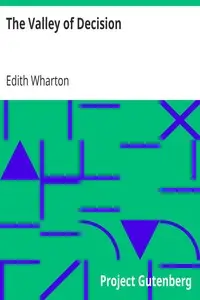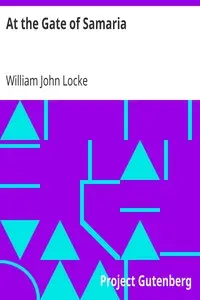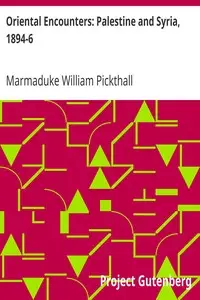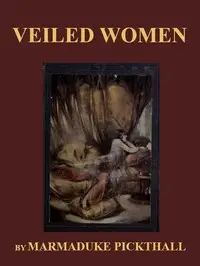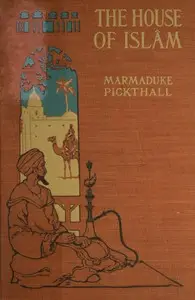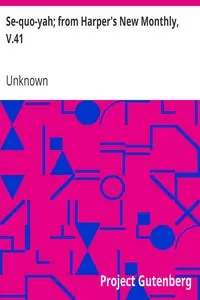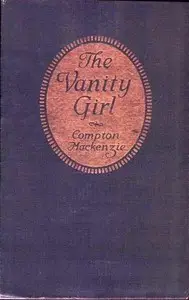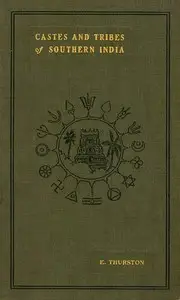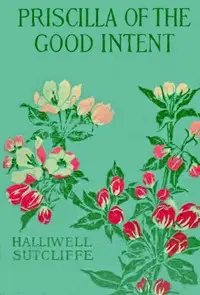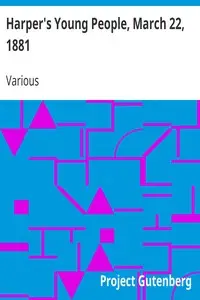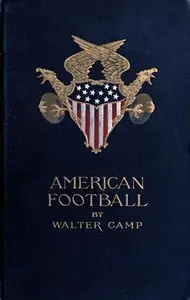"The Valley of the Kings" by Marmaduke William Pickthall is a tale set against the backdrop of the early 20th century Middle East. It follows Iskender, a young artist whose creative dreams clash with the traditional expectations of his family and community. Iskender's journey is defined by his pursuit for identity and acceptance amidst societal prejudice. His mother's unwavering support underscores the strong family bonds that influence Iskender's choices. Fighting against the disapproval of his community, Iskender is determined to chase his passion, even if it leads to further isolation, resulting in a dramatic collision between personal desire and cultural expectation.
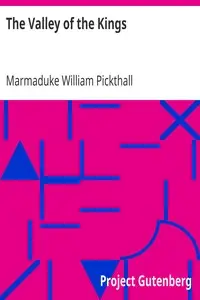
The Valley of the Kings
By Marmaduke William Pickthall
In a culturally rich Middle Eastern setting, a young artist’s dreams ignite a battle against societal norms, familial expectations, and the search for where he truly belongs.
Summary
About the AuthorMuhammad Marmaduke Pickthall was an English Islamic scholar noted for his 1930 English translation of the Quran, called The Meaning of the Glorious Koran. His translation of the Quran is one of the most widely known and used in the English-speaking world. A convert from Christianity to Islam, Pickthall was a novelist, esteemed by D. H. Lawrence, H. G. Wells, and E. M. Forster, as well as journalists, political and religious leaders. He declared his conversion to Islam in dramatic fashion after delivering a talk on 'Islam and Progress' on 29 November 1917, to the Muslim Literary Society in Notting Hill, West London.
Muhammad Marmaduke Pickthall was an English Islamic scholar noted for his 1930 English translation of the Quran, called The Meaning of the Glorious Koran. His translation of the Quran is one of the most widely known and used in the English-speaking world. A convert from Christianity to Islam, Pickthall was a novelist, esteemed by D. H. Lawrence, H. G. Wells, and E. M. Forster, as well as journalists, political and religious leaders. He declared his conversion to Islam in dramatic fashion after delivering a talk on 'Islam and Progress' on 29 November 1917, to the Muslim Literary Society in Notting Hill, West London.

